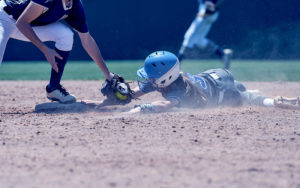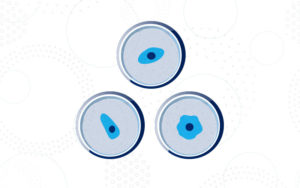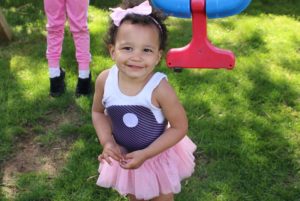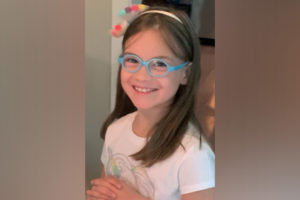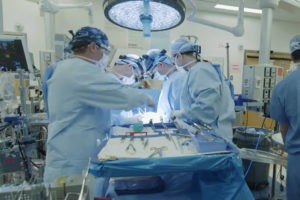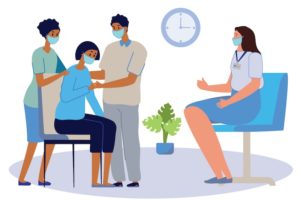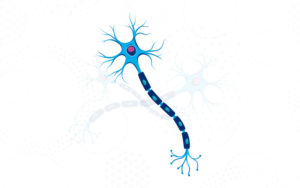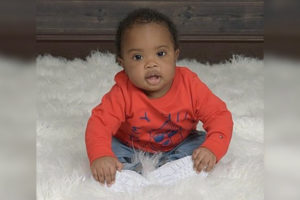Athletes and fatigue: Why am I so tired?
Working out can boost physical and mental energy. Yet sometimes, athletes feel more fatigued than energized. “Feeling tired after a tough workout or bad night’s sleep is normal and temporary,” says Nicole Farnsworth, clinical nutrition specialist in the Sports Medicine Division at Boston Children’s Hospital. “Fatigue is a problem when it interferes with an athlete’s ... Read More about Athletes and fatigue: Why am I so tired?
Recommendations for reproducibility in stem cell research
The ability to program induced pluripotent stem cells (iPSCs) and drive their differentiation into a variety of neural cells is essential for studying neurological disorders, including intellectual and developmental disabilities (IDDs). But issues regarding variability and reproducibility from lab to lab make translating discoveries difficult, in turn slowing the progress of IDD research. To address ... Read More about Recommendations for reproducibility in stem cell research
Celebrating remarkable Asian Americans and Pacific Islanders
Boston Children’s Hospital thrives, thanks in part to the contributions of its Asian American and Pacific Islander staff and clinicians. Whether developing innovative treatments for chronic disease, treating children with complex conditions, or organizing online events to bring remote teams together during the pandemic, our Asian American and Pacific Islander team members are central to ... Read More about Celebrating remarkable Asian Americans and Pacific Islanders
A new treatment option for Jeanne’s infantile scoliosis
If it hadn’t been for the pandemic, Jeanne McDaniel’s treatment for infantile scoliosis would have started when she was 11 months old. Instead, COVID-19 became the first in a series of events that delayed her treatment — and allowed her scoliosis to progress — for months. When her parents sought a second opinion at Boston ... Read More about A new treatment option for Jeanne’s infantile scoliosis
What it’s like to have SDR surgery: Scarlet’s story
Scarlet is 9 years old. When she was 7, she underwent selective dorsal rhizotomy (SDR), a procedure in which a surgeon cuts certain nerves that may contribute to leg spasticity related to cerebral palsy. We talked with Scarlet and her parents, Darcie and Tyler, about their experience in the Cerebral Palsy and Spasticity Center at ... Read More about What it’s like to have SDR surgery: Scarlet’s story
New study ties residual lesion score (RLS) to cardiac surgery outcomes
How well a patient does after surgery for congenital heart disease (CHD) depends on a large number of variables, ranging from patient characteristics to preoperative status to anatomic complexity to perioperative factors. One of the most important predictors of adverse events or reintervention is the presence of residual lesions — structural cardiac abnormalities that remain ... Read More about New study ties residual lesion score (RLS) to cardiac surgery outcomes
Suicide prevention in teens: Can we intervene through primary care?
The past year has seen a disturbing rise in suicidal thoughts and attempts among adolescents, with a spike of suicidal teens going to emergency departments (EDs). This adds to a growing trend: From 2007 to 2016, ED visits for deliberate self-harm more than quadrupled nationwide among children age 5 to 17. In a recent review ... Read More about Suicide prevention in teens: Can we intervene through primary care?
New technique yields potential treatment for a common cause of autism
Since 2008, we have known that the 16p11.2 chromosomal region is linked with autism spectrum disorder (ASD). Now, researchers from Boston Children’s have developed a new way to study the effects of 16p11.2 deletion in human neurons. In the process, they also found a potential treatment, possibly expanding the therapeutic options for this specific cause ... Read More about New technique yields potential treatment for a common cause of autism
You’re not alone in asking: Five common questions about your baby’s first year
Having a baby often comes with a lot of two things: love and questions. While every infant and family are different, many pediatricians agree that there are common themes in what parents want to know in their child’s first year. We spoke with providers from Briarpatch Pediatrics and Wareham Pediatric Associates of Boston Children’s Primary ... Read More about You’re not alone in asking: Five common questions about your baby’s first year
Trusting their instincts: Gary’s parents find help for immune-mediated hepatitis
For Mercedes Hollingsworth and Gary Walker, Jr., trusting their parental instincts helped get their son Gary Walker III — affectionately known as GW — the care he needed. “We knew right away that something wasn’t right,” she says. “He just wasn’t a happy newborn. He looked miserable all the time.” Mercedes, who also has an ... Read More about Trusting their instincts: Gary’s parents find help for immune-mediated hepatitis


